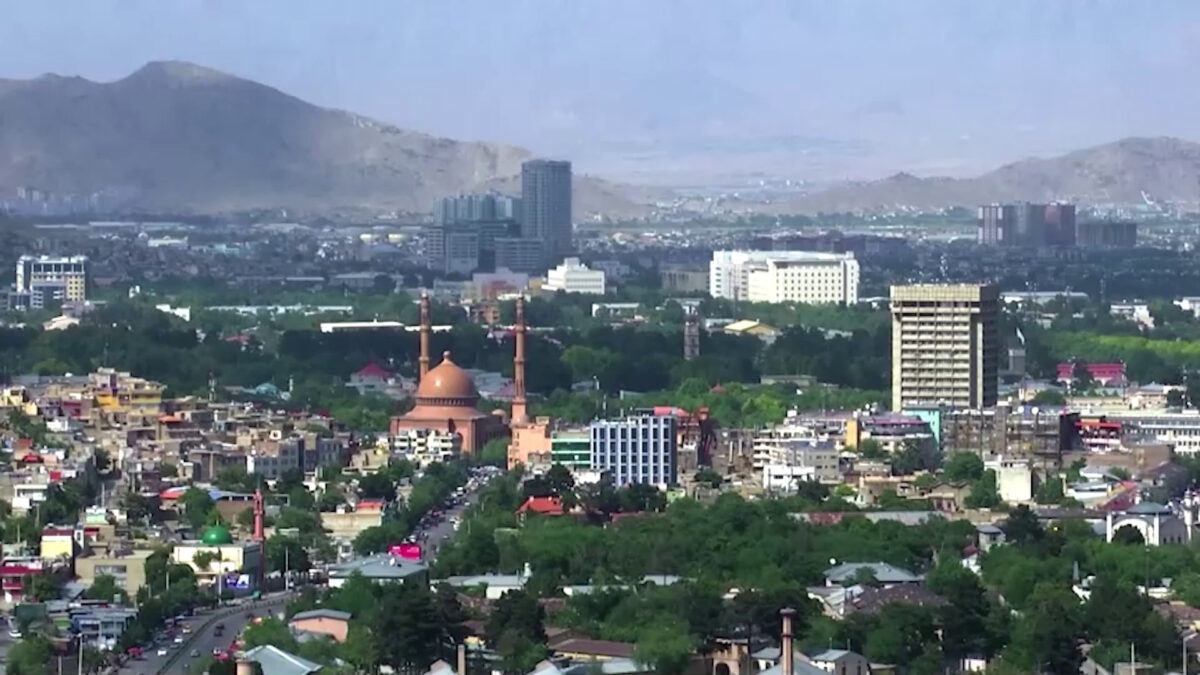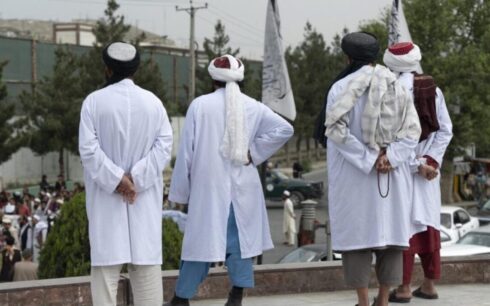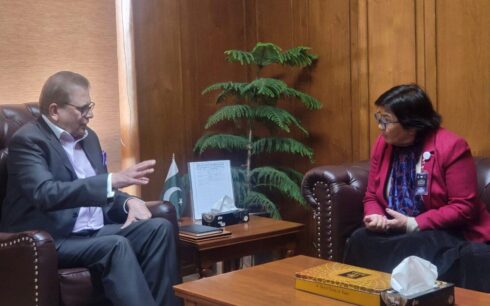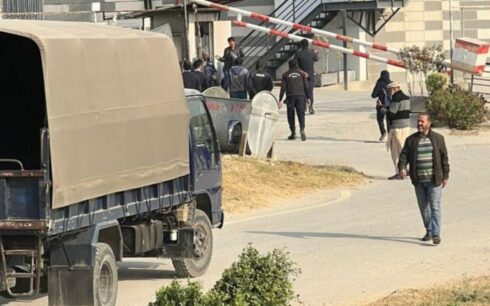The United Nations Assistance Mission in Afghanistan (UNAMA) on Monday released a report on the human rights situation in Afghanistan for the period of July to September, highlighting several concerning developments affecting various aspects of human rights in the country.
Violence against Hazaras and property damage
The report says that between June and August, there were disturbing reports of alleged killings of Hazaras and the destruction of property and agricultural crops belonging to Hazara farmers in the Khas Uruzgan district of Uruzgan province that began circulating on social media.
According to the report, there were allegations that local Taliban security forces might have been involved in these incidents. UNAMA has confirmed multiple violations in the district between January and September, including the killings of at least six Hazara residents, destruction of property, and incidents of beatings.
On September 16, a delegation from Kabul, including representatives from various Taliban government offices, arrived in Khas Uruzgan to investigate the allegations and assess the security situation. Following the delegation’s visit, 16 individuals were reportedly arrested and await trial.
Between January and September 2023, UNAMA says it documented the killings of at least six Hazara residents of Khas Uruzgan by unknown perpetrators.
It adds that at least five incidents of destruction of property, including vehicles, houses and agricultural crops belonging to Hazara residents of Khas Uruzgan by unknown perpetrators happened during this period.
Also, at least two incidents of beatings of Hazara residents of Khas Uruzgan by unknown perpetrators happened from January to September.
Incidents involving Shi’a communities
On July 25 and 26, in Kabul, Taliban security forces reportedly mistreated Shi’a mourners for not adhering to previously announced security arrangements, the UNAMA report says.
On July 28, in Ghazni city, Taliban security personnel fired upon a crowd of Shi’a mourners, resulting in the deaths of four individuals, including a child and a woman.
Six others were injured, the report says. In response, the Taliban Provincial Governor’s office formed a committee, including Shi’a community members, to investigate the incident.
Arbitrary arrests and detentions
The report says that the Taliban officials continue to arrest human rights defenders, particularly women’s rights activists, and media workers without specifying grounds for detention. Several incidents of such arrests were reported between July and September.
On 12 July, in Nangarhar, radio journalist Irfanullah Bidar was arrested. He was subsequently released on 25 July, the report said.
Between 6 and 19 August, a total of 11 journalists were arrested by the Taliban’s General Directorate of Intelligence. Most of them were accused of providing information to foreign media or spreading propaganda against the de facto authorities. They were all subsequently released, with periods of detention ranging from six to 22 days.
On 20 August, in Kabul province, Kabul city, the Taliban’s General Directorate of Intelligence arrested eight female protesters in a house affiliated with the “Unity and Solidarity for Afghan Women Movement”, the report says. They were reportedly released after three hours, having signed written guarantees to refrain from participation in future protests.
On 19 September, in Kabul city, the Taliban intelligence arrested a member of the “Spontaneous Movement of Protesting Women in Afghanistan”, Neda Parwani, together with her husband and her four-year-old son (who was later handed over to relatives), the report says.
It added that on 27 September, the Taliban intelligence arrested the head of the same movement, Zholya Parsi, together with her adult son.
At time of writing, both women and their male relatives remain in detention, the report says. University professor Rasool Parsi (arrested 6 March) and Head of NGO PenPath Matiullah Wesa (arrested 27 March) all remain in detention, says the report. Journalist Mortaza Behboudi (arrested 7 January) was released from detention on 18 October.
Freedom of the media
While the Taliban Ministry of Information and Culture began distributing identification cards to journalists on July 25, this development raises concerns among media actors regarding potential increased pressure and censorship by the Taliban authorities.
The closure of a radio and TV station, Hamisha Bahar, in Jalalabad city on August 1 for running mixed-gender journalism classes further heightened concerns about media freedom, the report says.
On 12 August, the Taliban-run Ministry of Information and Culture convened a meeting of the Media Violations Commission, whose membership had expanded to include an increased number of representatives from the media, the report says.
The report also says that on 19 September, another meeting of the Commission was held. The meeting discussed the de facto authorities’ plans to evaluate media outlets affiliated with political parties.
Activities of the Taliban Ministry for the Propagation of Virtue and the Prevention of Vice
On August 7, the Taliban Ministry announced the prohibition of “jadoo” (black magic/sorcery), resulting in increased arrests of individuals accused of sorcery.
The Taliban ministry continues to enforce restrictions on women, including a ban on music and monitoring men’s appearance.
On 27 July, in Badakhshan province, the Taliban Department for the Propagation of Virtue and the Prevention of Vice arrested seven young men because they had shaved their beards, the report says. They were released after several hours.
The report says that on 10 September, in Faryab province, the de facto Department for the Propagation and Prevention of Vice arrested 29 university students accused of playing music in the dormitory during the engagement party of one of their classmates. Some of the students were allegedly slapped and had their heads forcibly shaved. All were released after 18 hours.
Justice system
The Taliban Ministry of Justice published decrees establishing oversight entities and legal aid awareness sessions in July and August.
The rights of indigent suspects and accused persons, including women and children in family cases, were emphasized.
Corporal punishment and the death penalty
The Taliban officials have publicly implemented corporal punishments of convicted individuals, including large groups, in various parts of the country.
While there were rumors of a planned stoning of two individuals in Baghlan, UNAMA investigations revealed that they were adults accused of adultery, and the case is proceeding through the judicial system.
The report emphasizes the ongoing human rights challenges in Afghanistan and the need for sustained efforts to address these issues.





